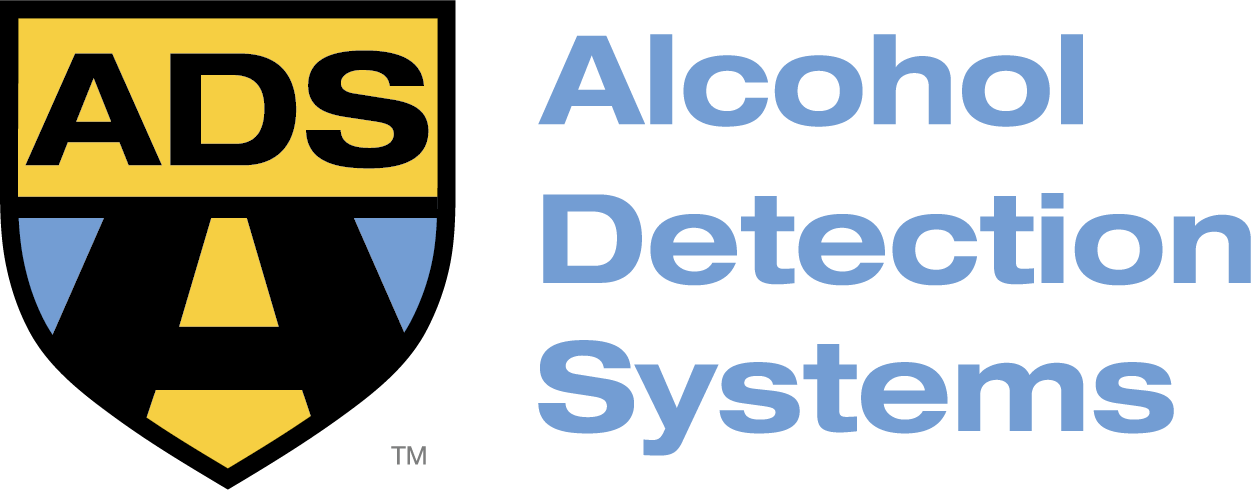
Michigan State Laws and IID Requirements
In Michigan, drunk driving offenses are referred to as operating while intoxicated (OWI). Penalties for OWI vary depending on the circumstances of the offense. Some offenders can regain their driving privileges if they obtain a restricted license. They may need to install an ignition interlock device (IID) to qualify for a restricted license. This guide will cover the IID process in Michigan and how it works.
What are the Penalties for a OWI in Michigan?
First Offense
- Jail term of up to 93 days
- Up to 360 hours of community service
- Up to $500 in fines
- Up to 180-day license suspension
- Vehicle license plate could be confiscated
- Driver can have six points added to their record
- May need to install an IID to regain driving privileges
- Must serve out 45 days of suspension before applying for a restricted license
Second Offense
- Jail term of five days to one year and/or 30-90 days of community service
- Fines of $200 to $1,000
- Driver’s license revoked for one year
- Car immobilized for 90 to 180 days
- Vehicle license plate may be confiscated
- Driver can have six points added to their record
- May need to install an IID to regain driving privileges
Third Offense
- Jail term of one to five years or probation following 30 days to one year in jail and 60 to 180 days of community service
- Driver’s license revoked for at least one year (and up to five if their license was suspended or revoked three times in ten years)
- Fines of $500 to $5,000
- Vehicle immobilized for one to three years
- Driver can have six points added to their record
- Interlock required to gain driving privileges
Penalties can increase if the OWI incident involves an elevated blood alcohol content of .17 or higher. There may be greater penalties applied to offenders who cause injury, death, or property damage during the OWI.
Get a Free Quote! Call 888-786-7384
Thank you for your submission.
What Happens if I Fail to Complete or Refuse to Submit to a OWI test in Michigan?
Offenders who refuse a formal chemical test following refusal to submit to a preliminary breath test face similar consequences to those found to have a BAC above the legal limit. Consequences can include:
- Six points added to driver’s record
- License suspended for one year on the first offense, two years if it is the second offense and refusal within seven years
- Repeat offenders cannot request a hardship appeal in the court system
How Can I Regain Driving Privileges in Michigan?
Michigan allows some drunk driving offenders to regain their driving privileges if they are approved for a restricted license. The offender may need to meet a variety of criteria, including:
- Pay any required fines
- Install an IID from a state-approved provider like ADS
- Submit any required paperwork to the court
- Complete any required jail time and community service
- Serve the required portion of the suspension period
- Show proof of appropriate insurance coverage
There may be additional criteria depending on the specifics of the offense.
ADS MI Interlock Devices
ADS is an approved interlock provider in Michigan. Our devices meet state criteria and fulfill the interlock requirement if mandated by the court. Our devices feature a simple operating system and bilingual prompts.
What is an IID?
An IID, or ignition interlock device, is a device wired into a vehicle to prevent drunk driving. They require the driver to take a breath alcohol content (BrAC) test before they are able to start the car. Failed tests are reported to the state’s monitoring authority. To ensure the driver stays sober, interlock devices request random retests during most trips. This prevents device tampering like having someone else take the test for the driver.
How Long is a MI Interlock Device Required?
This is determined by statute and should be clarified by the court during sentencing.
Ignition Interlock Cost in Michigan
Michigan requires OWI offenders to cover the cost of their IID installation, lease, calibration, and removal. The devices cost between $2.50 and $3.50 per day.
Readers of this website should contact their attorney to obtain advice with respect to any particular legal matter. Only your individual attorney can provide assurances that the information contained herein – and your interpretation of it – is applicable or appropriate to your particular situation.

